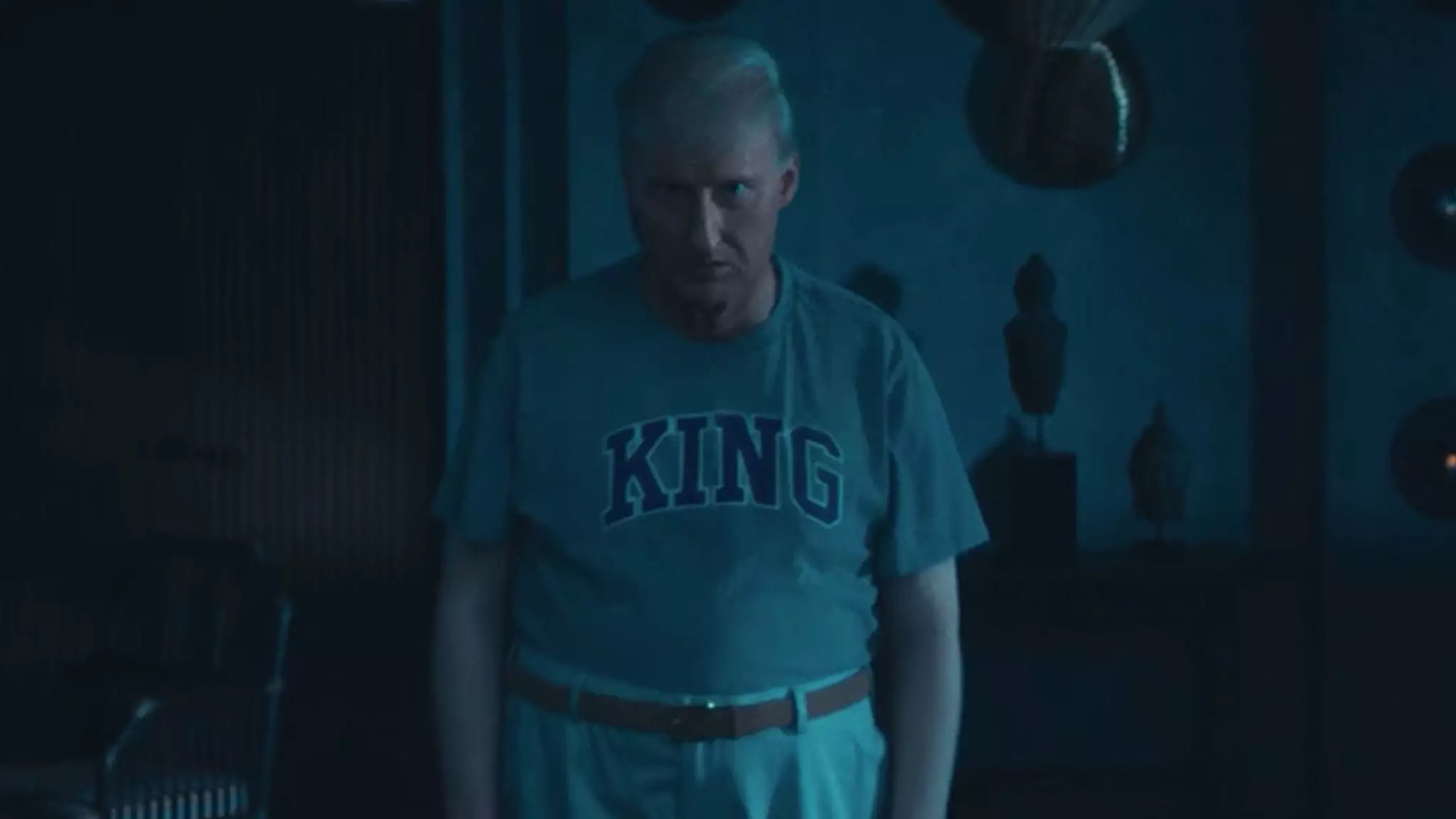“Saturday Night Live” (SNL) has long been celebrated for its sharp wit and biting satire, expertly weaving current events into its comedic tapestry. In its latest episode, the iconic sketch show cleverly melded the unsettling chaos of Donald Trump’s political escapades with popular culture, drawing inspiration from the Emmy-winning series “White Lotus.” This parody, aptly titled “White Potus,” embodies the essence of contemporary political commentary—using humor as a mirror to reveal uncomfortable truths. The performance not only ignited laughter but also offered a deeper commentary on governance, privilege, and the fragility of societal respect.
At its core, the skit introduces us to a surreal family dinner, bulging with absurdity and discomfort. The familiar visage of Melania Trump, embodied passionately by Chloe Fineman, channels a southern charm reminiscent of “White Lotus” character Victoria Ratliff. Through exaggerated dialects and mannerisms, Fineman breathes life into Melania while weaving a narrative that critiques the luxury of ignorance. Her monologue about America’s perceived wealth unravels in a climate where financial security hangs by a thread—a reality that even sparks skepticism among Trump’s most ardent supporters.
Layers of Irony and Discontent
In juxtaposing Melania’s exaggerated optimism with Trump’s obliviousness during dinner, SNL creates a space for the audience to grapple with the irony embedded in their dialogue. James Austin Johnson’s portrayal of Trump—a character drowning in his own delusions—captures the essence of a leader disconnected from the struggles of everyday Americans. The comedic backdrop of a family dealing with fiscal instability mirrors the real-life upheaval many face today, making the satire not just funny but strikingly relevant.
The comedic element escalates with Lizzo’s unforgettable performance as Belinda, representing an affluent persona experiencing an immediate financial downfall. When she discovers her dwindling bank account, the comedy bites deeper, tapping into real fears surrounding economic volatility. SNL cleverly emphasizes the hypocrisy of power and privilege, displaying how those who once basked in wealth can quickly find themselves grappling with loss.
Push and Pull of Political Narratives
The sketch navigates the murky waters of political narratives with clever references to tariffs. As Trump sleepwalks through grandiose plans—like imposing a 500% tariff on China—the humor grows darker. The absurdity peaks with an unexpected encounter in which Trump is roused by his paramour, Vladimir Putin, leaving viewers reflecting on the blurred lines between reality and satire. This twist not only exaggerates the existing political dynamics but also dissects the absurdities of power, portraying Trump as both a figure of ridicule and an emblem of fear for many.
It’s worth noting how SNL remains undeterred by the daunting task of addressing divisive figures in American politics. By parodying Trump’s failed tariff policies and absurd justifications, they navigate a sensitive topic with nimble finesse. The striking comparison of Trump’s economic fate with the biblical resurrection of Jesus raises eyebrows, illustrating the show’s ability to intertwine humor with poignant critiques of belief and expectation.
The Spectacle of Absurdity
As the skit draws to a close, SNL upholds its tradition of outlandish twists. The shocking dig at Don Jr. involved in a scandalous encounter with Tiger Woods epitomizes the show’s knack for hyperbole. Echoing the sensationalism of “White Lotus,” this moment serves not just as a comedic punchline but also as a lens through which the audience can examine the absurdity engrained in the lives of the privileged elite.
SNL’s daring approach invites audiences not merely to laugh, but also to reflect on the reality of a narrative that plays out daily in political spheres. Each punchline encapsulates a hidden frustration, allowing viewers to confront the uncomfortable truths of leadership and governance. In doing so, the sketch does more than entertain—it acts as a reminder of the resilience of satire, serving as an important vehicle for commentary during tumultuous times.
Through “White Potus,” SNL has crafted a playful yet critical discourse that entertains while inciting thought. This interplay between comedy and reality underscores the show’s indispensable role in capturing the zeitgeist, ensuring that political discourse remains vibrant and engaging despite the challenges that may lie ahead.


Leave a Reply